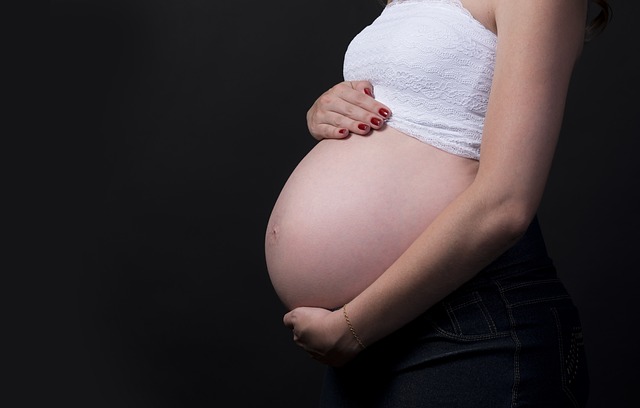Our internal physiological parameters are the regulating factors of fertility ability. It is a fact that aging diminishes fertility ability and that is uncontrollable. But our food habits can manipulate some of the internal physiological parameters and can support or damage fertility.

A healthy weight is essential for females to conceive and to create a favorable condition for offspring to stay healthy. Obesity modifies hormone levels and may cause irregular ovulation.
Dietary recommendation
- Iron-rich fruits and vegetables may decrease ovulatory infertility issues. Some iron-rich food items are spinach, beans, lentils, eggs, whole grains, and fortified cereals. Along with iron-rich food items, increase intake of vitamin C including citrus fruits assist to increase iron absorption. Plant-based irons are more preferable to meat. In the case of iron deficiency, a nutritionist prescribes iron supplements to compensate for the deficit condition.
- Fiber-rich carbohydrate sources such as whole-grain products which have low glycemic index assists to maintain a healthy weight.
- Salmon, sardines, or other cold-water fish, nuts, seeds, vegetable oils, etc are rich sources of monounsaturated and polyunsaturated fats. monounsaturated and polyunsaturated fatty acids like omega 3 and omega 6 fatty acids boost immunity, improve insulin sensitivity and reduce inflammation. All these health benefits also improve fertility.
- Sufficient protein consumption is also important, but experts recommended turn to plant protein instead of consuming animal protein. Soybeans or tofu, peas, beans, or nuts can be the replacement of meat and meat protein and this plant-based protein also improve fertility.
- The multivitamin supplement is also recommended to maintain the necessary vitamins label in the body. Folic acid is one of the important vitamins to conceive. The folic acid dose recommended by experts is 400 micrograms per day. Some natural dietary ingredients like dark green leafy vegetables and fortified grains are enriched sources of folic acids. The sufficient intake of folic acid is also important during the gestational period for the development of the neural tube present in the brain and spine. Moreover, it has been advised to start taking folic acid during couples’ plans for their family, as neural tube develops the brain and spinal cord within 3 to 4 weeks after the conception. Folic acid deficiency leads to neural tube defects.
- Water intake needs to be very important to keep the body hydrated. Dehydration can cause maternal overheating of the body. Sufficient water intake helps to maintain the body temperature. Water is essential for the formation of the placenta from which the baby takes his/her nutrients.
- Some fertility-supportive fats and protein-containing dietary recommendations include olives and olive oil, avocado, coconuts, coconut oil, butter, nuts, eggs, and grass-fed meats.
Dietary restriction
- Experts often advise avoiding a fat-rich diet. Trans fat and saturated fat are strictly restricted to avoid infertility. Intake of these dietary contents during pregnancy can cause gestational hypertension, digestive tract disorder, etc, and induce harmful effects for both mother and baby.
- Sugars and starchy foods and processed foods hurt fertility.
- Cigarette smoking is strictly avoided as it provides adverse effects on fertility. Smoking-induced follicular microenvironment alteration and hormonal imbalance may cause female infertility.
- Excessive caffeine-containing beverages coffee, tea, and soft drinks also cause damaged female reproduction ability. The exact pathophysiology of caffeine-induced infertility is yet unclear. But experts suggested frequent consumption of caffeine causes alterations of hormone levels and that decreases ovulation and corpus luteal functioning by increasing follicular Estradiol levels in females.
- Frequent consumption of alcohol causes an increased level of estrogen, which suppresses folliculogenesis and ovulation by decrease secretion of the follicular stimulating hormone.
- Excessive intake of sugared sodas is also restricted, as it promotes ovulatory infertility.



